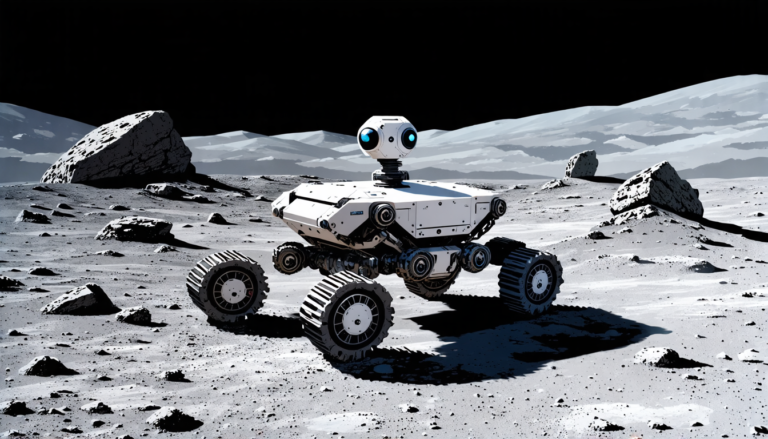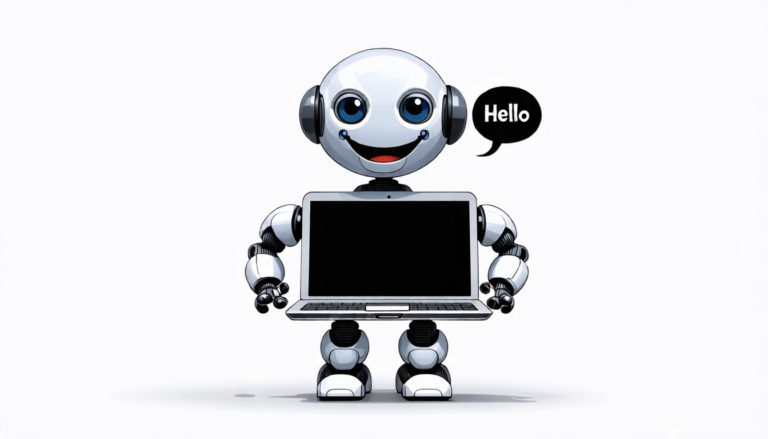Saturday 26 July 2025
The way we frame issues can have a profound impact on how we think about and engage with them. Take, for example, the debate over climate change. When framed as an economic issue, it becomes more about the costs of transition versus the benefits of reduced carbon emissions. But when framed as a moral imperative, it’s about our responsibility to future generations and the planet itself.
Researchers have long been interested in understanding how frames influence public opinion and policy outcomes. One approach has been to create a standardized framework for categorizing frames, known as the Media Frame Corpus (MFC). Developed over two decades ago, the MFC consists of 15 categories, ranging from Economic and Fairness and Equality to Morality and Security and Defense.
In recent years, researchers have begun to apply this framework to news articles from around the world. A new study takes things a step further by creating a dataset of Brazilian Portuguese news articles annotated with the MFC framework. The goal is to explore whether frames developed in one cultural context generalize well to another.
The results are fascinating. While some frames, such as Economic and Fairness and Equality, remain broadly applicable across cultures, others are more culturally specific. For example, the Morality frame is more commonly used in Brazilian news articles than in American ones, reflecting differences in religious and cultural values.
But what’s perhaps most striking about this study is its use of machine learning models to analyze the frames. The researchers trained several different models on a dataset of annotated text, then tested their ability to predict the correct frame for new, unseen text.
The results are encouraging. While none of the models performed perfectly, they all outperformed human annotators in certain cases. This suggests that machines may be better equipped than humans to quickly and accurately identify frames, especially as the volume of text data continues to grow.
So what does this mean for our understanding of how frames influence public opinion and policy outcomes? For one, it highlights the importance of considering cultural context when developing and applying frame-based analysis. It also suggests that machines may play a key role in helping us understand and analyze complex issues like climate change, by providing insights into how different groups and cultures think about and engage with them.
Ultimately, the study’s findings have important implications for anyone interested in understanding and influencing public opinion on key issues.
Cite this article: “Cultural Frames: A Study of How Language Shapes Public Opinion”, The Science Archive, 2025.
Frames, Climate Change, Media, Culture, Language, Morality, Economics, Fairness, Security, Defense, Machine Learning, Public Opinion







